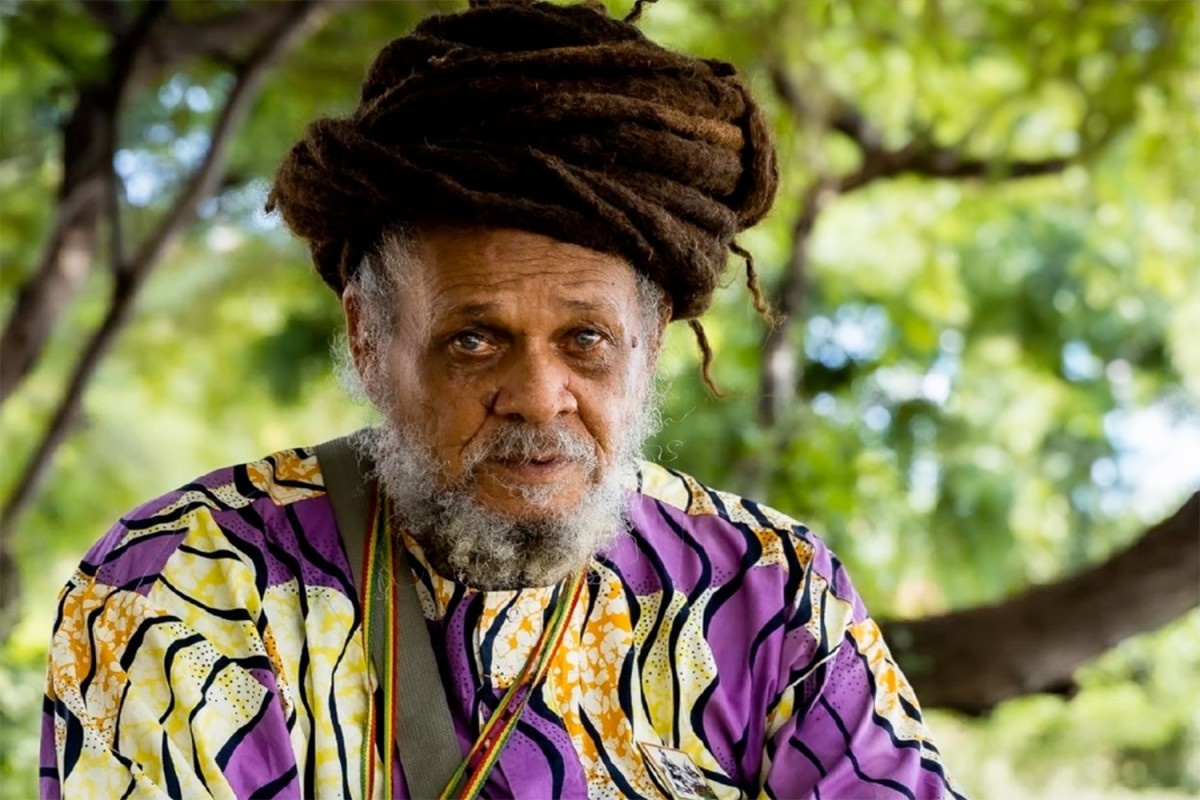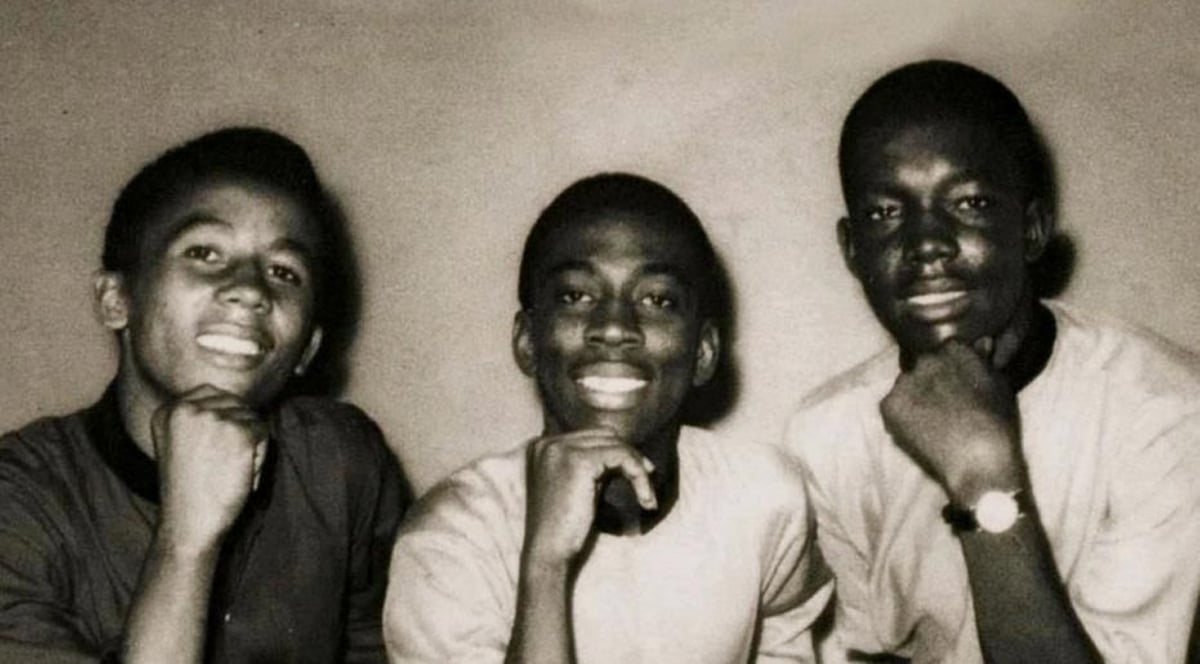Fred Locks Says Rastafarian Elders Had Some Rather Unflattering Nicknames For Bob Marley, Peter Tosh, And Bunny Wailer

Rastafari’s Nyahbinghi and Bobo Ashanti elders had refused to embrace the legendary trio of Bob Marley, Bunny Wailer, and Peter Tosh in their heydays but instead bestowed some rather unflattering nicknames upon the men, according to veteran Reggae artist Fred Locks.
“Bob Folly,” “Peter Slush,” and “Bunny Failure” were the cheeky designations bestowed upon Marley, Tosh, and Wailer, respectively, by the disapproving elders, Fred Locks said while recounting the days when the three Reggae titans were not the toast of the Rastafarian community, but were shunned and ridiculed.
“M rememba going a Binghi outta Bull Bay up a Nine Miles weh dem call Bob Marley Beach, an Bob Marley an Bunny Wailer dem come inna di Binghi and a sing sweet, an a chant enuh. An mi hear some elders a seh ‘bun Bunny Fail-yah’, ‘Peter Slush’ an ‘Bob Folly’. Commercial Rasta dem! Fire fi Reggae Dread!” Fred Locks said in an I Never Knew TV interview after being asked if it “was true that some I-cient Rastafari did not like Reggae music”.
“Di man dem bun dem out. Although dem di live outta Nine Mile – Bob did live inna di scheme – mi nuh si him come back to Binghi. And Peter nuh badda. Only Bunny a continue fi come,” the Black Star Liners artist added.
The artist, whose given name is Stafford Elliot, also recalled Bunny Wailer being evoking the ire of Rastafarian elders in Portland, after he sported shoes in the colours of the Rastafarian flag at a Nyahbinghi event. That move by Bunny was met with disdain and mockery from the more traditional corners of the Rastafarian community, who made their displeasure verbally felt to the artist on that day, Fred Locks said.
“Wi have Binghi a Portland and Bunny Wailer wear a red, green and gold shoes and tink seh it nice. (Rasta elders said): “Wah? Di likkle commercial dread a walk pan di flag! Fire!” he recalled.
“Suh dem seh Reggae music is a Babylon ting. And dem fight it hard. Di Bobo (Ashanti) now… a seh di same ting, becaw dem a hold a reverence pon di hill an a seh Bobo come fi gather priest and prophet and Reggae is not di music…,” he added.
Reggae musicians, however, have been identified as the ones who single-handedly took the message of Rastafari to the entire world, a feat which, according to Fred Locks, could not have been achieved by Rastafarian elders who were domiciled in Jamaica and had no opportunities for travel.
“Reggae carry Rastafari works to the world. Dem can’t deny it. No ancients caan deny dat, becaw dem neva guh, an dem neva travel an seh ‘man mus only eat dis’…,” he said in providing an example.
Incidentally, Nyahbinghi drumming, which was created by various Rastafarian drummers in the 1950s who developed the style of ritual music and gave it that name, has been incorporated heavily into Reggae music.
Nyahbinghi music has the distinction of birthing the Folkes Brothers hit Oh Carolina, which was produced by Prince Buster in 1958, original version of which, was later interpolated by Shaggy’s for his breakout hit of the same name.
The original Oh Carolina, which was recorded in a small studio at RJR (now Radio Jamaica), has been cited by many as having a profound influence on the development of Reggae and hailed as giving “exposure to Rastafarians at a time when they were marginalised in the Jamaican society”.
Peter Tosh was known for his extensive use of drums in his songs and onstage performances, where he at times would beat the drums in a trancelike manner.
Sizzla Kalonji, who is a Bobo Ashanti, also released an album celebrating the mansion in 2000. The album, which was titled Bobo Ashanti, was his tenth studio album and was written by Sizzla and produced by Fattis Burrell of Xterminator Records.

